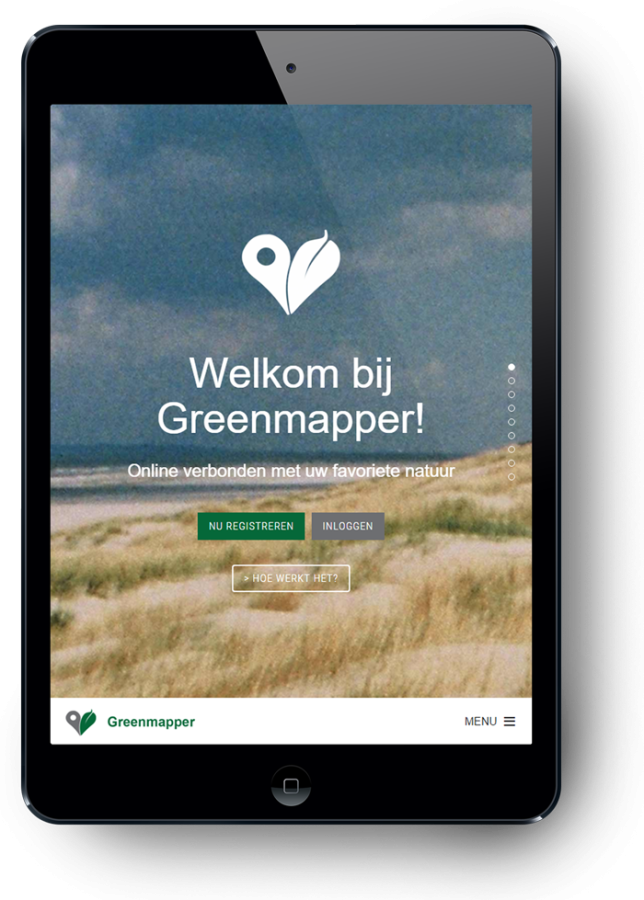In this project we work on engaging tourists in island innovation. It is an explorative scientific research of potential tourists’ participation in innovative projects on islands. Islands typically have a small number of inhabitants and commonly a high specialized work force; limiting the human and social capital on islands that can support innovations.
However, on islands, the number of visitors easily exceeds that of permanent residents especially during touristic seasons, while most often the touristic visitors have a broadly varying socio-economic background. These temporary residentshave a significant economic and environmental impact on the island but they are not considered as a part of the local citizen community: they are considered to be ‘consumers’. This work package experiments with changing this situation.
Recent scientific literature shows that people can in the current day and age of long-distance migration and similar travel develop strong place attachment and accompanying attitudes of citizenship for multiple places (Sijtsma et al., 2012; Weaver et al., 2022). The demand for outsiders’ support in place making, building community resilience and hosting mega events, results in the flexibility of performative citizenship (Lepofsky & Fraser, 2003; Misener & Mason, 2006). This is called flexible citizenship (Ong, 1999). We therefore propose to see tourists less and consumers and more as ‘flexible citizens’, and test their willingness and methods to make ‘citizen contributions’ to island innovations.

The research tool we use is called GreenMapper Friends. It is an online Public Participatory Geographical Informatics System. GreenMapper Friends has both mapping and surveying functions in which people mark the nature-related places they like, but also invites participants into a virtual community and experiment with different forms of giving support to the island community around innovations.
One of our main contribution is to connect distant fans, also known as the potential ‘flexible citizens’, to the local land management team, who has the actual power to decide the future development. In this scientific research, the land manager role is initially handed to our island partner: Schiermonnikoog (The Netherlands), Bornholm (Denmark), Koster (Sweden), Ile de Groix and Ile de Ouessant (France), and Hvaler (Norway). Since all islands have their long-established social media and tourist offices, we work collaboratively with island representatives within FREIIA to build GreenMapprer Fan Base, expected to be around 500 registered fans per island.
Currently we are working on testing the feasibility of ‘flexible citizenship’ in three empirical studies, on Schiermonnikoog, Bornholm, and Koster Islands, respectively. We will test whether tourists are possible to, and to what extent they can contribute to the island innovation projects. We evaluate the voluntary duty performance of ‘flexible citizens’ based their participation in urban governance, environmental responsible behaviours, and tourists’ customer citizenship behaviour. The cases of innovation projects are provided by island partners. Schiermonnikoog, who has been working closely with University of Groningen, provides abundant indigenous knowledge and wider topics, including circular economy, water management, and sustainable tourism development, etc. Bornholm, the largest single island of FREIIA, proposes a planned walking route within the nature reserves, which demands public support in terms of physical and financial contributions. And Koster Islands, provide us with a dilemma, where according to law the public sector takes care of most nature reserves but the citizen council eager for more active engagement in island issue in general.
We apply a mix-method alongside with GreenMapper Friends. Firstly we apply Pol.is, a polling software, to allow participants to write statements and vote ‘agree’/ ‘disagree’ / ‘indifferent’ to statement. The voting is on a rolling basis, and voters will be clustered according to their viewpoints, so we know which statement represents the most and which represents the least.
Secondly we organise an online focus-group discussion per island with randomly selected fans and representatives from land management team. We will present the result of Pol.is polling to attendees. Then we will simulate ongoing or promising project on that island. In this serious game, tourists can acquire citizenship through virtual investment. The aim is to test whether fans are better able to fulfil their duties as tourist citizens and achieve more effective island innovation. Afterwards, we will translate the findings into scientific reports.
References
Lepofsky, J., & Fraser, J. C. (2003). Building Community Citizens: Claiming the Right to Place-making in the City. Urban Studies, 40(1), 127–142. https://doi.org/10.1080/00420980220080201
Misener, L., & Mason, D. S. (2006). Developing Local Citizenship through Sporting Events: Balancing Community Involvement and Tourism Development. Current Issues in Tourism, 9(4–5), 384–398. https://doi.org/10.2167/cit263.0
Ong, A. (1999). Flexible citizenship: The cultural logics of transnationality. Durham: Duke University Press.
Sijtsma, F. J., Daams, M. N., Farjon, H., & Buijs, A. E. (2012). Deep feelings around a shallow coast. A spatial analysis of tourism jobs and the attractivity of nature in the Dutch Wadden area. Ocean & Coastal Management, 68, 138–148. https://doi.org/10.1016/j.ocecoaman.2012.05.018
Weaver, D. B., Moyle, B., & McLennan, C.-L. J. (2022). The citizen within: Positioning local residents for sustainable tourism. Journal of Sustainable Tourism, 30(4), 897–914. Scopus. https://doi.org/10.1080/09669582.2021.1903017

